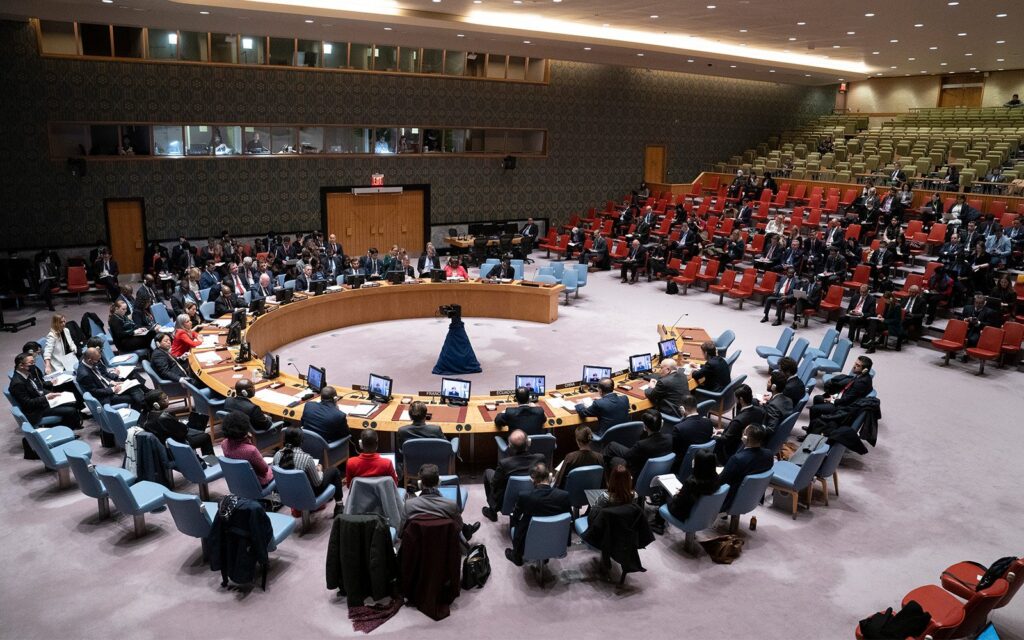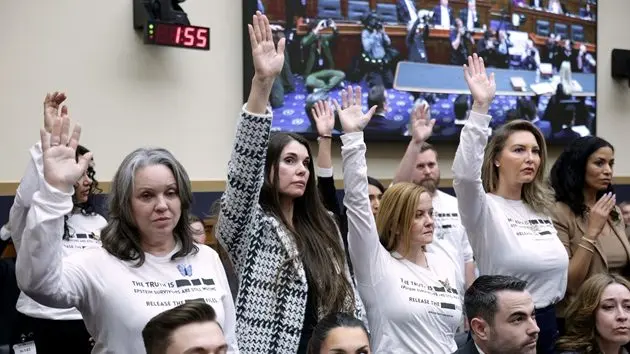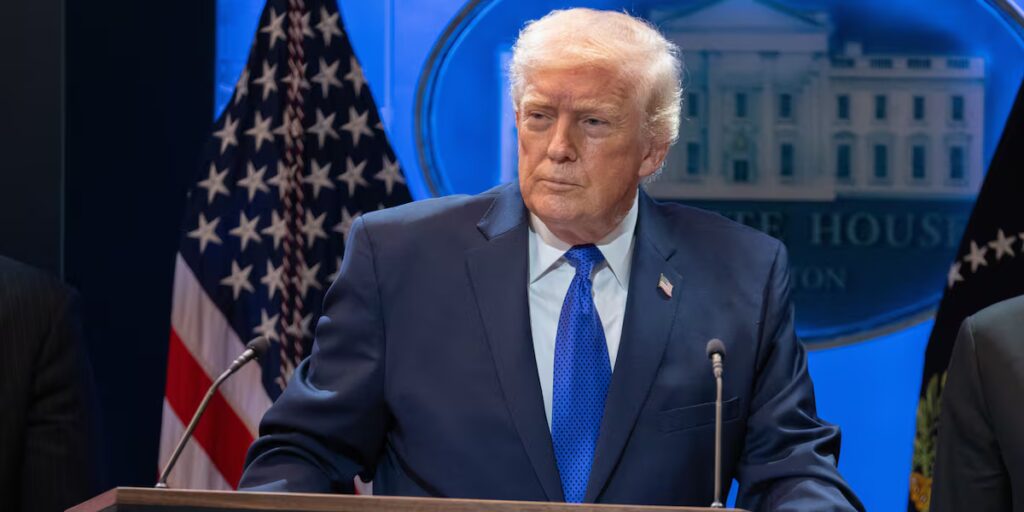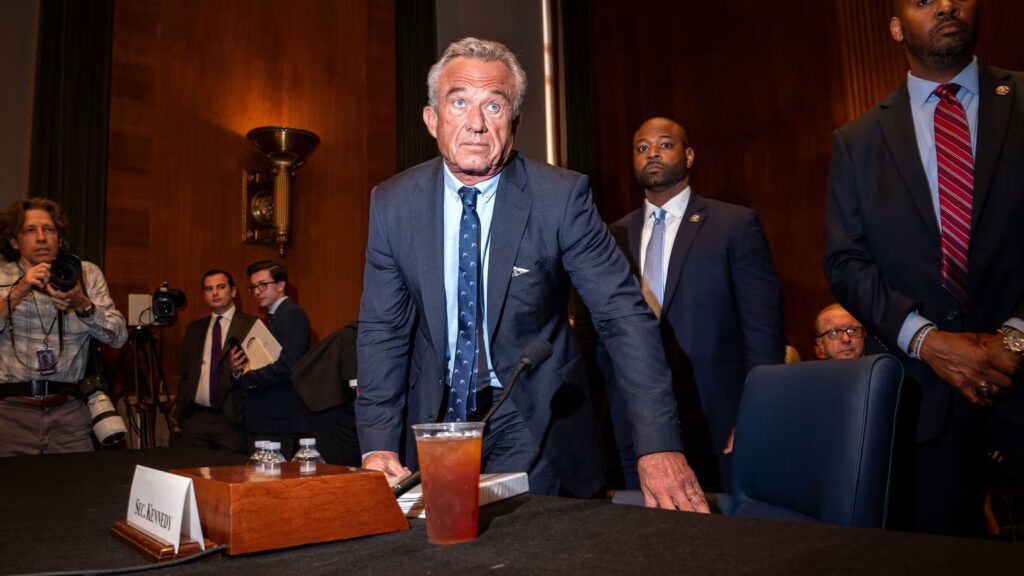UN Opens Israel-Palestine Meeting on Two-State Solution

UN Meeting on Israel-Palestine Two-State Solution Opens Without U.S. or Israel
UNITED NATIONS — The United Nations General Assembly kicked off a high-level meeting this week to revive support for a two-state solution to the long-standing Israel-Palestine conflict. The two-day event, co-chaired by France and Saudi Arabia, began Monday and aims to spotlight steps toward establishing two independent nations living side-by-side in peace.
Notably absent from the discussions are Israel and the United States, both of which are boycotting the session. Israel’s government openly opposes the two-state framework, and U.S. officials labeled the meeting “counterproductive” amid ongoing efforts to end the Gaza conflict.
A Shift in Global Diplomacy
The meeting was initially planned for late June as a four-day summit but was scaled down due to rising tensions, including Israel’s recent 12-day war with Iran and continued violence in Gaza.
French Foreign Minister Jean-Noël Barrot stressed the urgency during a CBS interview on Sunday. “It was absolutely necessary to restart a political process,” he said, adding that the two-state pathway is now “more threatened than it has ever been.”
Why the Two-State Solution?
The two-state idea traces back to the 1947 UN partition plan, which proposed dividing British-controlled Palestine into separate Jewish and Arab states. While Israel accepted the plan, surrounding Arab nations rejected it, launching a war that derailed its implementation.
Since Israel captured the West Bank, Gaza, and East Jerusalem in 1967, Palestinians have sought these territories for their future state. The two-state model, based on pre-1967 borders, has underpinned peace negotiations since the 1990s and enjoys broad international support.
Supporters argue that a Palestinian state would allow self-determination for Palestinians while preserving Israel’s Jewish democratic identity.
Why Now?
France and Saudi Arabia argue the time has come to renew a credible peace process. In documents sent to UN member states, the co-chairs emphasized the need to mobilize concrete, time-bound commitments to implement the two-state solution.
Saudi diplomat Manal Radwan emphasized that the conference must “chart a course for action, not reflection.” She called for a plan that addresses root causes and provides “a real path to peace, dignity, and mutual security.”
In a major announcement last week, French President Emmanuel Macron stated that France will officially recognize Palestine at the UN General Assembly in September — making it the first major Western power to do so amid escalating humanitarian concerns in Gaza.
Israel’s Position
Israeli Prime Minister Benjamin Netanyahu continues to reject the two-state model, citing both nationalist and security concerns. His base views the West Bank as part of biblical Israel, and many Israelis consider Jerusalem their indivisible capital.
Netanyahu has long argued that Palestinian leadership — particularly Hamas — has proven unwilling to pursue peace. He condemned Macron’s decision, claiming it “rewards terror” and could turn Palestine into “another Iranian proxy.”
Instead, Israel appears to favor maintaining the status quo, where it holds overall control, continues settlement expansion, and grants the Palestinian Authority limited autonomy in the West Bank.
Palestinian Goals
Palestinians see the current situation as “apartheid,” pointing to stalled peace efforts, expanding settlements, and threats of annexation. They aim to use the UN gathering as a springboard for:
-
Renewing political momentum toward statehood
-
Securing broader international recognition, including from the UK
-
Seeking financial support for the Palestinian Authority
-
Launching a recovery plan for war-torn Gaza
According to Ahmed Majdalani of the PLO Executive Committee, a presidential summit is expected in September, possibly in France or on the sidelines of the UN General Assembly.
What Will — and Won’t — Happen This Week
All 193 UN member states were invited, and about 40 foreign ministers are attending. Still, without Israel or the U.S. at the table, there’s no expectation of a breakthrough or a restart of direct peace talks.
The co-chairs circulated a draft outcome document, which may be adopted. Some countries may also announce plans to recognize Palestine formally.
UN Secretary-General António Guterres urged leaders to “keep the two-state solution alive.” He called for not just support, but tangible conditions that can materialize a lasting peace.
: 184







